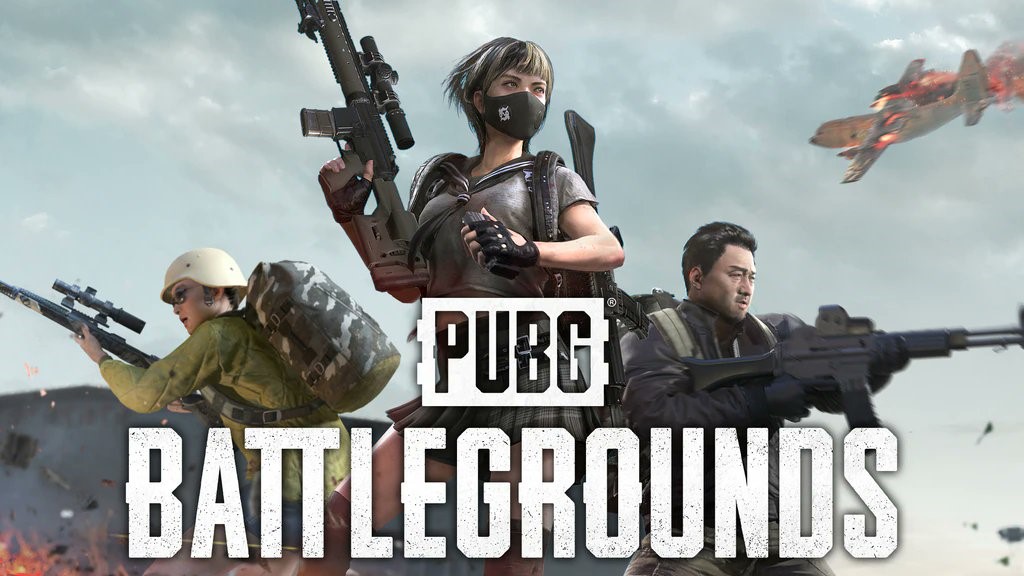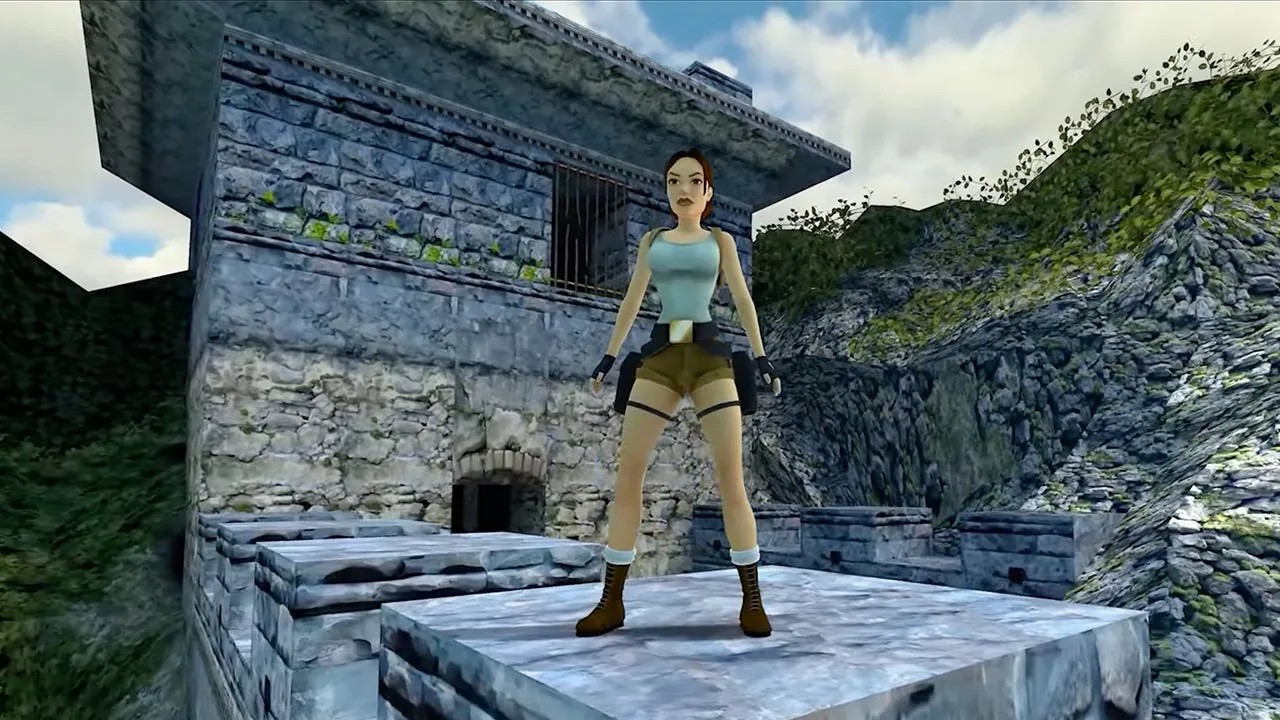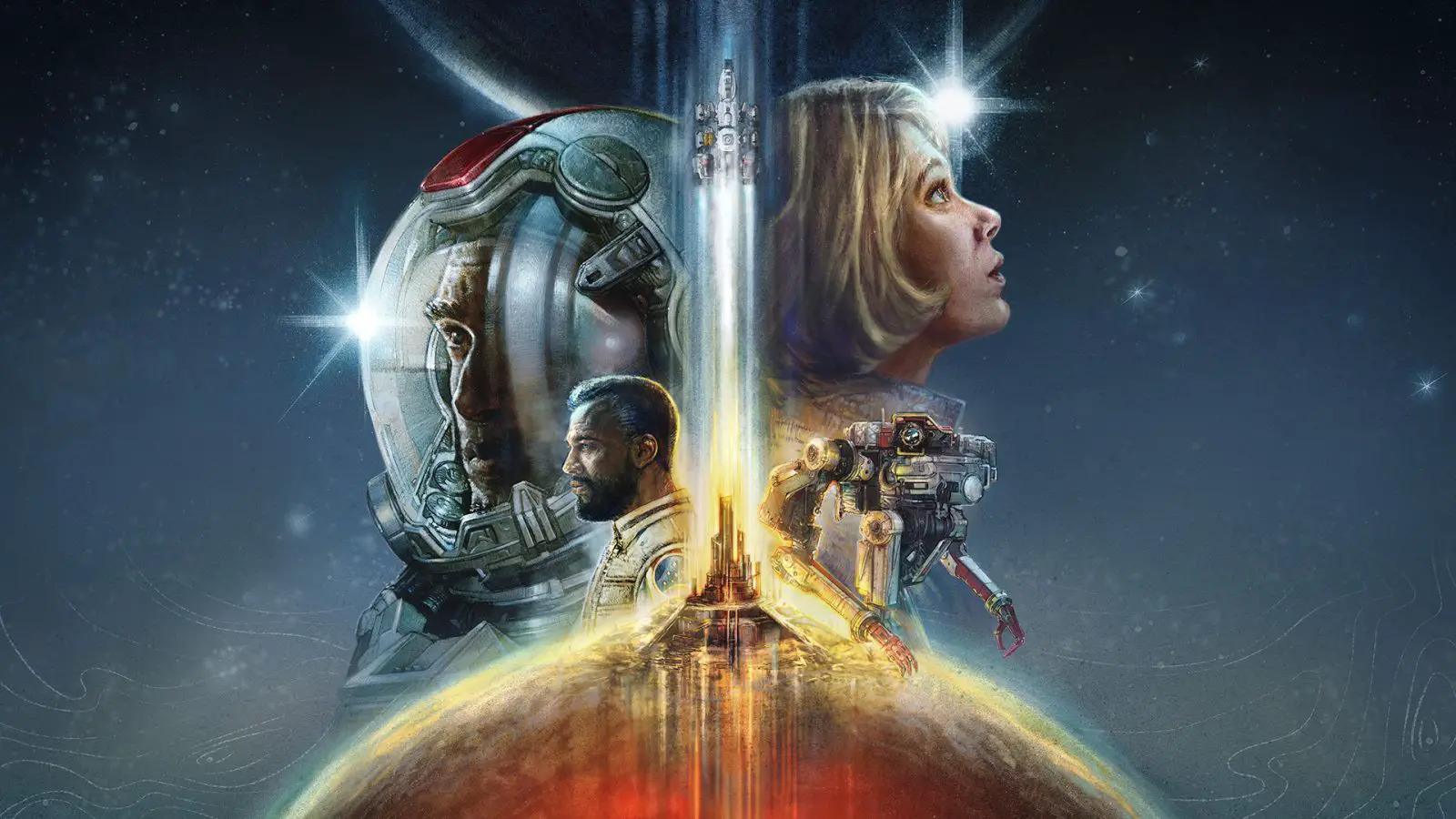Calling all battle royale veterans and FPS enthusiasts! Buckle up, because PUBG Studio, the minds behind the iconic PlayerUnknown’s Battlegrounds, is developing a brand new shooter. While details remain under wraps, the ambition is clear: pushing the boundaries of the genre and setting a new standard for multiplayer action.
Beyond Battle Royale:
This announcement marks a significant step for PUBG Studio. While they’ve achieved immense success with PUBG and its various iterations, venturing into a new shooter genre demonstrates their desire to innovate and diversify their portfolio. Could this project offer a completely fresh experience, or will it build upon the core strengths of PUBG and its tactical gameplay?
Pushing the Boundaries:
The studio’s bold claim to “push the shooter genre forward” raises several exciting possibilities. Could we see groundbreaking advancements in game design, cutting-edge technology implementation, or innovative narrative integration? Only time will tell, but the anticipation is palpable.
Questions Abound:
While speculation runs wild, key questions remain unanswered:
- What specific genre will the game fall under? Will it remain in the battle royale realm, venture into tactical shooters, or explore something entirely new?
- What platforms will it be available on? Will it target PC, consoles, or both?
- What unique features will set it apart from existing shooters? What mechanics or innovations will push the genre forward?
A Studio with Proven Excellence:
Despite the lack of concrete details, one thing is certain: PUBG Studio boasts a proven track record of success. Their expertise in creating engaging and competitive multiplayer experiences inspires confidence in their ability to deliver something truly special.
The Future of the FPS Landscape:
This announcement has the potential to significantly impact the FPS landscape. With a renowned studio aiming to revolutionize the genre, this project could set a new benchmark for future shooters. Will it inspire healthy competition and push other developers to innovate? Only time will tell, but one thing is for sure: the future of shooter games just got a whole lot more exciting.
Join the Speculation:
- What features or innovations would you like to see in PUBG Studio’s new shooter?
- What impact do you think this project will have on the wider FPS genre?
- What other studios or franchises do you think this new game will compete with?










